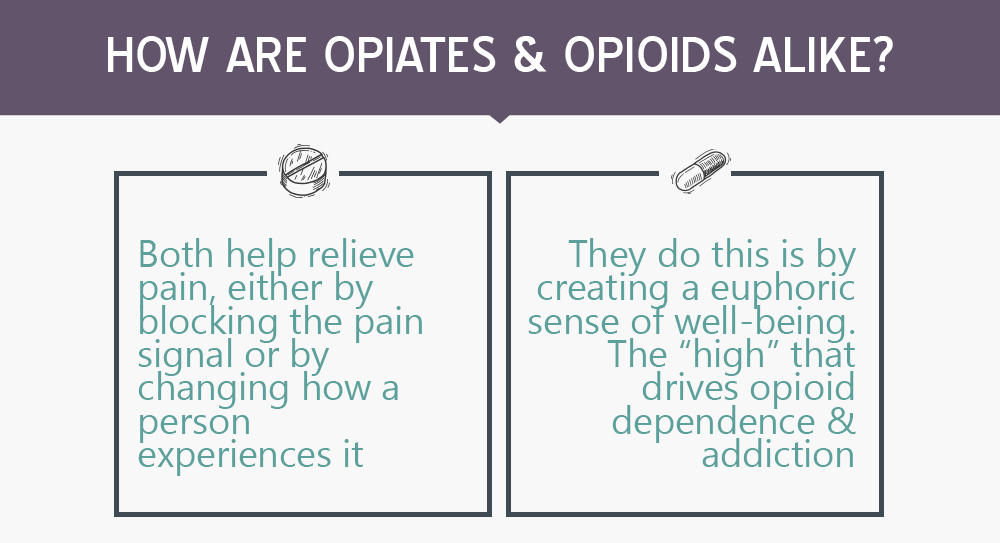

She believed he was close to death and contacted his family, who came to see him. The following morning, the palliative care attending saw the patient at 7:00 AM and found him obtunded, with shallow respirations and a low respiratory rate. The nurse administered the scheduled dose of intravenous hydromorphone. She asked him, "Are you having any trouble breathing?" He responded, "A little bit," but he remained drowsy. The patient appeared to be sleeping but woke up when the nurse came in the room. On the night shift, the bedside nurse went to see the patient at 3:00 AM to administer the next scheduled dose of hydromorphone. Wanting to ensure the patient's comfort, the inpatient team wrote for a standing dose of intravenous hydromorphone every 4 hours. He seemed more at peace after making the decision and was able to spend time with his family. His diuretics, statins, beta-blockers, and other treatments for his heart failure were stopped. While he was still hospitalized, comfort measures were initiated. His life expectancy was believed to be weeks to months, based on his comorbidities and frailty. In discussions with the patient and his son, the patient expressed that he would like to focus on comfort and pursue hospice care. During this admission, he improved slightly with treatment, but his overall prognosis remained poor. It was his third admission in the previous 4 weeks. Recognize the principle of double effect and the implications for potential medication errors.Īn 83-year-old man with chronic kidney disease and end-stage congestive heart failure (CHF) with a severely reduced ejection fraction was admitted for an exacerbation of his CHF.

Describe key principles regarding the use of opioids in palliative care.State that medication errors and errors in communication are common in palliative care.Recognize errors may be difficult to identify in palliative care.


 0 kommentar(er)
0 kommentar(er)
